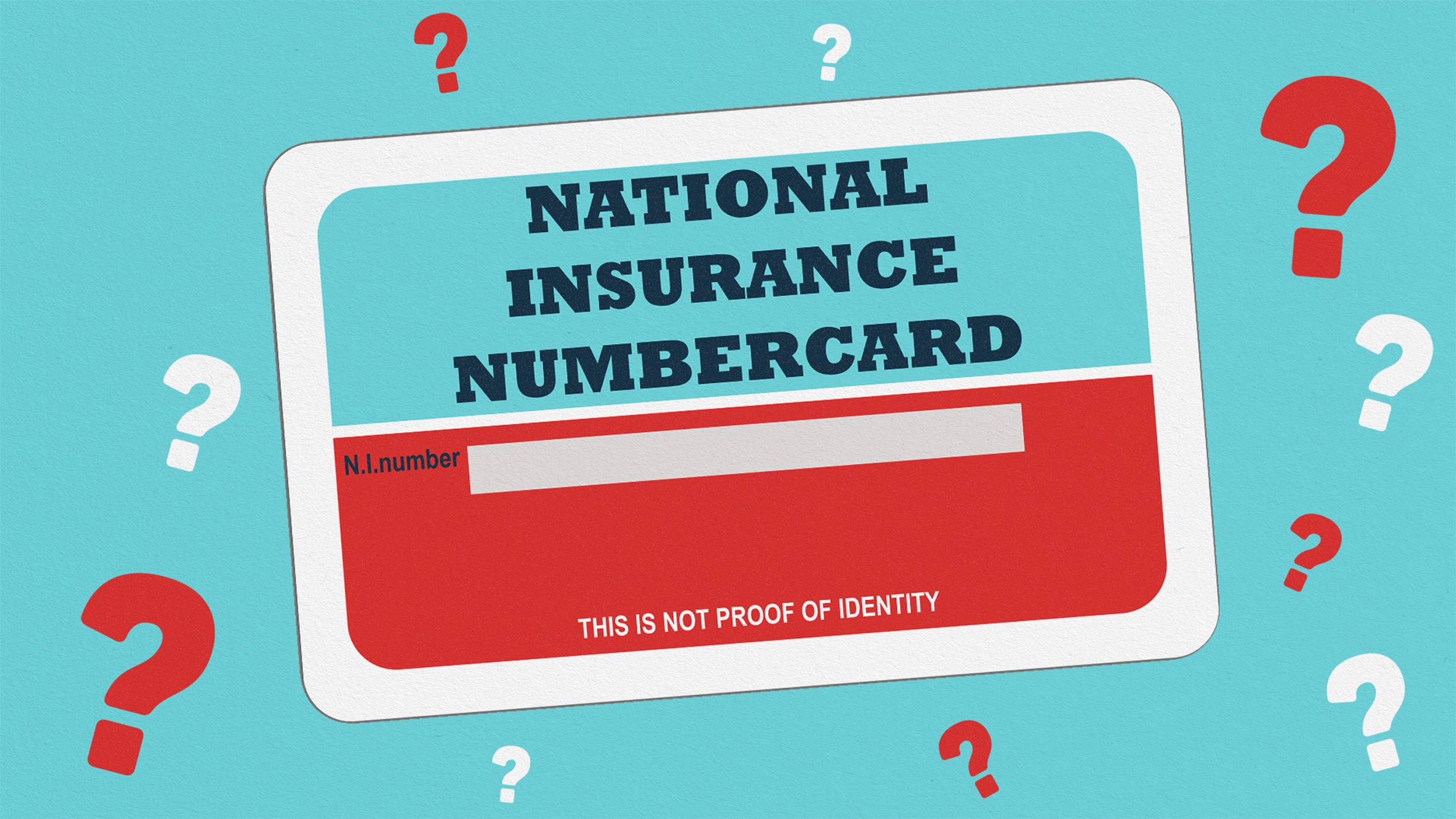National Insurance explained
A 5 minute read

So, you’ve got one of those Defined Benefit (DB) pensions, have you?
A guaranteed income for life, no investment risk and your pension looked after for you, sounds like the ideal retirement plan. But, despite the alluring nature of a secure income for life, you might be thinking that transferring out of your Defined Benefit scheme to another pension (of the defined contribution kind) could be better for you.
One thing’s for sure, retirement is not a one size fits all gig. And, sometimes, something that used to be a nailed-on plan seems suddenly flimsy when the wind changes.
Transferring your DB pension into a defined contribution scheme can have some advantages but whether this would be better for you depends on your circumstances. For instance, one of the biggest is greater flexibility when withdrawing your pension, as well as increased flexibility for a loved one to inherit your savings should you die (different pension schemes have different rules, so it’s worth checking yours).
How exactly do Defined Benefit transfers work?
With a DB transfer, you’re able to exchange your guaranteed retirement income for an amount of money to invest into a different pension. This comes in the form of a Cash Equivalent Transfer Value, (CETV) offered by your scheme. It’s not hard cash, mind you. Rather it’s the amount your scheme calculates that it’ll cost to pay your pension when you become entitled to it. Instead of staying in the scheme, you can transfer this CETV amount to invest in another pension of your choice. So, in other words, your CETV will become your pension fund value after you’ve transferred out.
Some pension funds may even offer a higher or ‘enhanced’ transfer value to encourage you to transfer out of the DB scheme. Conversely, your transfer value could also be adjusted downwards and not be as much as you were expecting.
One thing to remember is, once you've claimed your DB pension, you can’t transfer to another pension arrangement.
But what actually determines your CETV?
This is where things get a little more complicated.
Different providers will work out your CETV differently and will provide different quotes.
Lots of variables go into making your CETV, such as:
- The amount you’ve accrued in your DB pension to date
- Your age and life expectancy
- Your scheme’s retirement age
- The current cost of living
- Your relationship status
- Interest rates
- Inflation
- Gilt yields
Whilst all of these factors come into play when deciding your CETV, the biggest one to be on the lookout for is the gilt yield. Gilt yields (the interest rates on UK government bonds), are a key factor in determining DB pension transfer values. This is because defined benefit schemes invest in gilts to pay the incomes they have promised to members.
So why are Pension Transfer Values low right now?
We’re currently living through a cost-of-living crisis. Recent and ongoing worldwide events such as the COVID pandemic, Russia’s invasion of Ukraine, and the climate change crisis are posing short- and long-term existential threats that affect the day-to-day cost of living.
You’ll notice this with the UK’s rate of inflation of 2022 and 2023. Records were broken, and none of them good.
Rising inflation, historically low interest rates and fluctuating gilt yields, have all moulded into a perfect storm. Pension Transfer values have, generally, in recent times increased. This has put people off transferring their pension in the hopes that the potential value would continue to rise securing them a profit later down the line.
Investing is a long-term thing, after all.
But there’s a catch.
More recently, gilt yields have been rising, and the higher gilt yields are, the higher the return anticipated on a pension scheme’s assets. Therefore, the lower the sum of money needed to pay a member’s pension when they come to retire, which means transfer values tend to go down.
The opposite is also true, so when long-term yields fall, transfer values tend to go up.
Should I say goodbye to my DB?
DB schemes are rare. Employers are moving towards Defined Contribution schemes more and more because they are more cost effective to run, and the investment risk is shouldered by the members, rather than the employer.
A Defined Benefit pension scheme gives you:
- A guaranteed income for the rest of your life – so there’s no risk of running out of money in retirement.
- Peace of mind that your money won’t fall in value, as the full risk of the investment is taken by the scheme, so you don’t need to worry about the ups and downs of the financial markets
- Inflationary protection, which helps to maintain the spending power of your pension.
- An income for your dependents after you die. Different scheme rules vary, but they'll usually receive a proportion (for example half or two thirds) of the pension income you were receiving before you died.
But transferring out of your DB scheme could give you some benefits you’ve not seen before:
- Access to your money from age 55 (57 from 2028), which may be earlier than your DB scheme offers.
- You can explore different income options like buying an annuity, drawdown, or taking lump sums, which might be better suited to you if you want to decide how to spread your income and spending through your retirement, rather than having a rigid amount throughout.
- Greater flexibility when leaving money to your loved ones – usually any money left in a defined contribution pension can be inherited by whoever you choose.
- Better control over income tax and inheritance tax. By entering an arrangement such as drawdown, you can adjust the yearly income you receive to prevent you reaching a higher tax bracket. And in some instances, your beneficiaries can even inherit your pension free of inheritance tax.
Like we mentioned earlier, deciding whether a DB transfer is right for you will depend entirely on your personal circumstances. The Financial Conduct Authority (FCA) has some further helpful reading around what you need to think about and the risks involved with a DB transfer - it’s worth taking a look.
If you’re considering transferring, request a transfer value from your scheme but before making a decision, take independent financial advice from someone who is qualified to give DB transfer advice. You have to do this if your transfer is worth more than £30,000. You could be making a decision that’s just change for the sake of change, rather than making any financial sense - and an adviser can help you make an informed decision.
If you haven’t used a financial adviser before, the Government backed service from MoneyHelper can help you to find one.
DO NOT EDIT THIS BOX UNLESS YOU'RE NOEL

